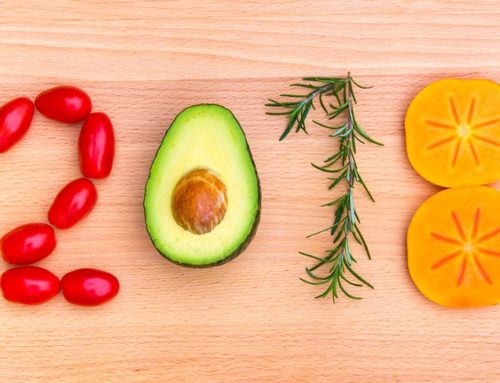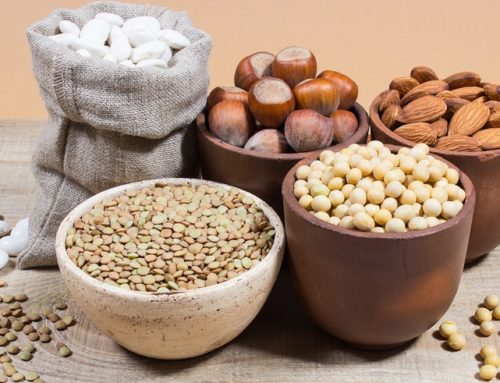Did you know that according to the CDC, 48 million people get sick every year from foodbourne illnesses? Foodborne illness can be very serious. If you know anyone who’s experienced it, you know what I mean. We are smack in the middle of marinating, grilling, and outdoor eating season, which means this is prime time for unwanted guests like E. coli, salmonella, and campylobacter to crash your party. Let’s go over some important food safety rules, so you can send your guests home happy:
Prep for success.
Before you’ve even gotten started, the opportunity exists for bacteria to thrive in your kitchen. The key is to avoid leaving food in what we call the temperature “danger zone” (between 40°F-140°F). Make sure to defrost meat, poultry, and seafood either in the refrigerator, microwave, or under running water. Avoid leaving these items to thaw on a countertop, where bacteria can quickly multiply. Also, never rinse raw meats or poultry. It is unnecessary and can actually result in spreading bacteria to other kitchen surfaces. Lastly, always be sure to wash your hands well after handling raw proteins.
Cook it up cleanly.
Do not allow raw meat to come in contact with anything that you are planning to consume or use for prep. This includes surfaces like countertops, cutting boards & dishes, as well as utensils like knives or spatulas. Keep marinating meats in the refrigerator and never use the marinade on cooked foods unless it’s boiled first. Lastly, invest in a meat thermometer to ensure that your foods are cooked to a safe temperature. Recommended internal temperatures for different items can be found here.
Wrap it up right.
Don’t let foods sit around for too long after eating. Make sure to get leftovers stored safely in the fridge within 2 hours maximum (or less, preferably!). Thoroughly clean any surfaces that may have come into contact with raw foods to avoid cross-contamination. And if your sponges, dish rags, or hand towels are a little stinky, think again before using them. These cleaning items are sometimes the dirtiest things in our kitchen. Make sure to change them out regularly with laundered or disinfected varieties.
Follow these tips to make sure your next gathering is a safe success!





